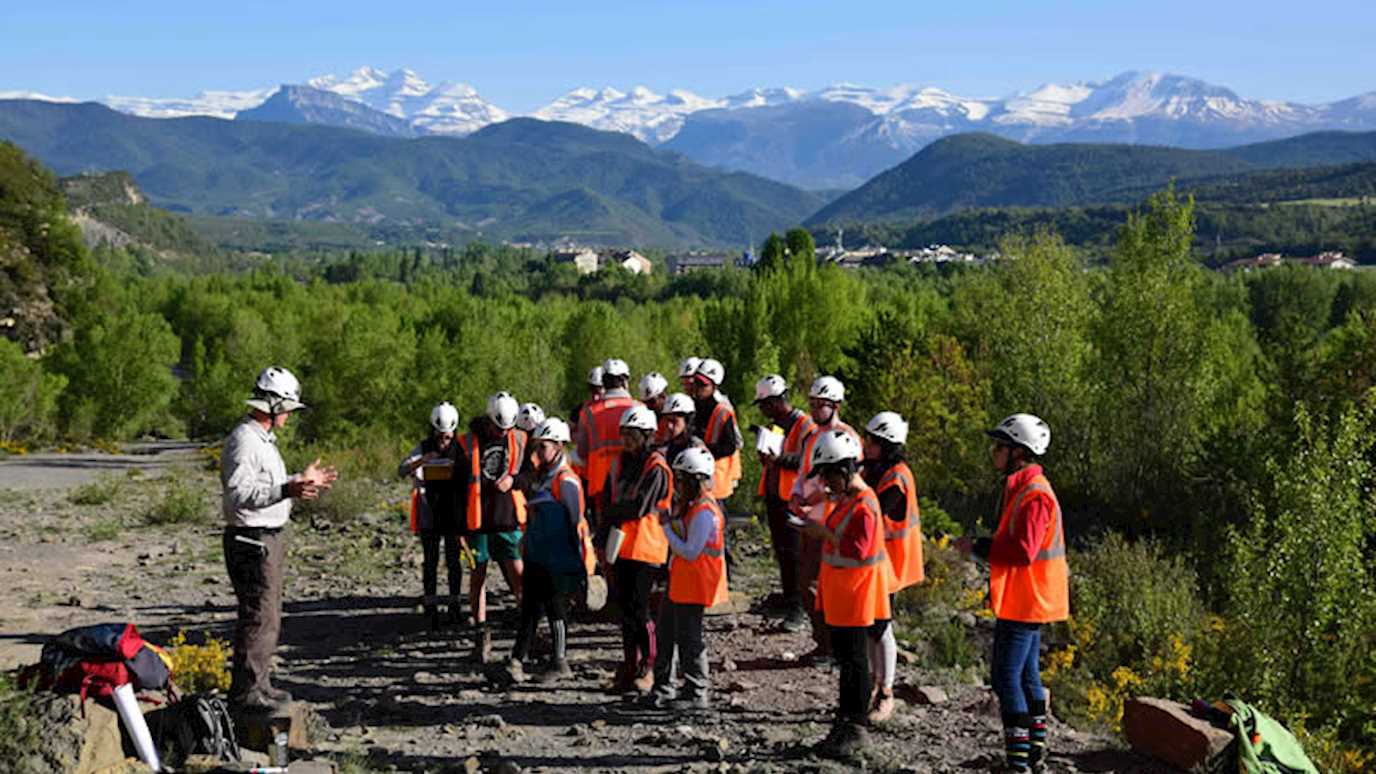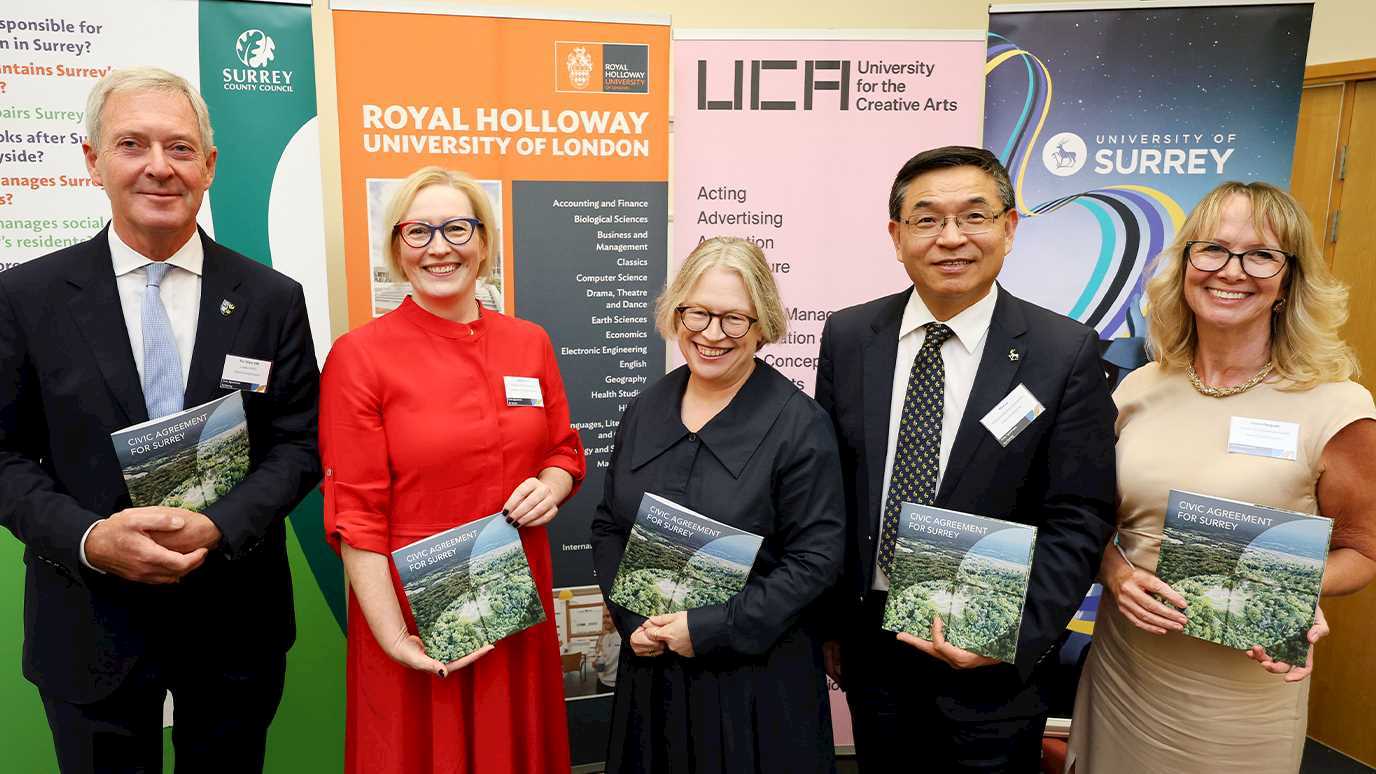Ocean water circulation has an important influence on global climate.
In a recent study published by Nature Communications researchers from Royal Holloway, University of London, and other institutions in the UK and Germany have used neodymium isotope records from the North and South Atlantic to decipher the control of the opening Atlantic Ocean on ocean circulation and its linkages to the evolution of global climate.
In the late Cretaceous period, the Atlantic Ocean was still young, and the North and South Atlantic basins were shallower and narrower than today. The equatorial gateway between South America and Africa was narrow and shallow, allowing only a surface-water connection for much of the Late Cretaceous period. Active volcanism also formed underwater mountains and plateaus that blocked deep-water circulation, such as the Walvis Ridge and Rio Grande Rise shown on the image below.
Caption: 3D visualisation of the Walvis Ridge and Rio Grande rise at 59 million years ago based on research conducted by Royal Holloway earth scientists.
Speaking of the research, Dr Lucia Perez Diaz, Postdoctoral Research Assistant in the Department of Earth Sciences at Royal Holloway University said: “Using computer models developed at Royal Holloway that show the evolution of oceanic floor depth through time (published last year), we have been able to examine this new isotope data in the context of seafloor bathymetry in the Cretaceous.
“The findings of this new study corroborate modelled predictions regarding the critical impact that under water topography has in restricting the flow of deep water masses.”
This study is the first to establish how and when the Atlantic Ocean truly became part of the global thermohaline circulation, the flow that connects four of the five main oceans in a large global cycle. This had a critical impact on the distribution of heat over the planet. With a more even distribution of heat over the Earth, a long-term cooling phase ended and the world headed into a new greenhouse period.
The current rate of climate change by CO2 emissions from human activity far surpasses the rate of warming during past greenhouse climates. Studying ocean circulation during the most recent greenhouse interval in the geologic past may provide clues as to how ocean circulation might develop in the future, and how heat will be distributed over the planet by ocean currents.
This research is the result of an international collaboration with the following institutions in Germany: the Goethe-University Frankfurt; the Ruprecht-Karls-University of Heidelberg; the Geomar-Helmholtz Centre for Ocean Research in Kiel; the Federal Institute for Geosciences and Natural Resources in Hannover, and the UK: Royal Holloway University of London and the University of Oxford.
You can read more about this research by clicking here.

























